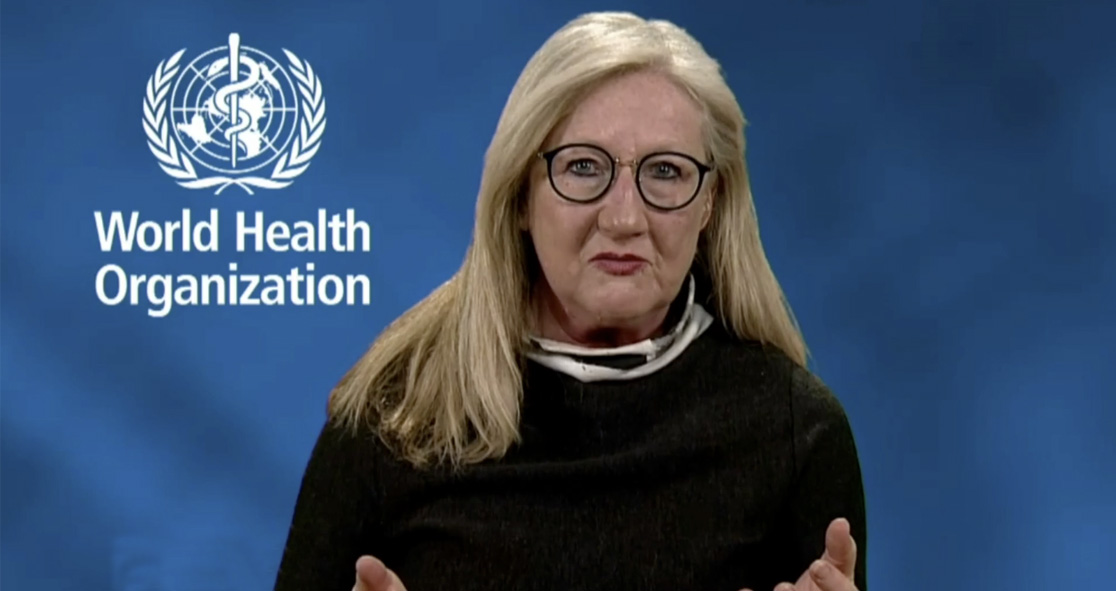COVID lockdown that affects entire populations is a heavy price nations pay for failing to ensure people with the virus and their contacts self-isolate, according to a World Health Organization (WHO) expert.
The global health organization does not advise countries to enter lockdowns. In fact, it has been consistently saying that the key to controlling any epidemic, irrespective of COVID-19, SARS, MERS, or even flu, is to test people, trace their contacts, and make sure those who have tested positive or have been close to those infected are quarantined.
Countries like the United Kingdom have been increasing the numbers of tests carried out, but contact tracings have fallen short. Also, studies have shown that only 20% of people in England fully comply with self-isolation.
Dr. Marharet Harris of the WHO said, “For me, the big missing link in what’s going on in many European countries is the management of isolation. That’s not just the isolation of people who are sick – it’s the isolation of people who have contacts and are first-degree contacts.”
“They don’t think they have COVID, because they feel fine, and even if they are told they should stay home, they don’t feel a strong social obligation or they do not necessarily have that reinforced as happens in some countries,” she continued. “So for instance, in a place like Hong Kong, you would be called every day or the police come to your house.”
Some Asian countries have managed the pandemic well, “not just those that may be non-liberal, non-democratic command economies,” she added. “Taiwan, for instance, probably has the best management. They are definitely a highly liberal society.”
She said, “A lockdown which effectively isolates everyone does work, but it also causes massive dislocation, massive disruption. And unless you’ve worked out how you can possibly put that pause button on and maintain your economic and social lives, the price you pay is very, very high.”
Dr. Harris explained that the WHO does not say do not do it, adding, “We just say, if you’re doing it, you’re paying a very high price, so, therefore, get some return for what you pay.”
“You’ve got to do it at grassroots level, because it’s very different, say, in London from somewhere rural, it’s different in housing estates, you may have people living on the streets, you may have people living in institutions,” the WHO expert said. “So, you have to really know your society, and know how you’re going to make it possible for them to self-isolate.”
“There will be people who cannot possibly self-isolate, because they live in crowded conditions or on the streets,” she continued. “You may have to think of offering them somewhere else to stay.”
“It does require a lot of planning. It requires a lot of a great deal of partnership with community and with local authorities, and really listening to your mayors and your councils and all the people in your local groups or your NGOs who understand how communities really function and ensure that you’re reaching everyone.”
“You might have communities who don’t have access to standard English-language channels and all the rest of it, and don’t really know what is being asked of them or whether it’s possible,” Dr. Harris added.
She went on to say that some nations, such as Hong Kong, have been putting COVID patients in hospitals even after having mild symptoms, meaning it is much easier and quicker for doctors to spot those who are vulnerable to serious illness and treat them. The article originally appeared on the Guardian.























